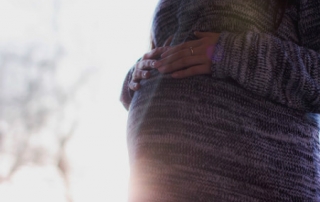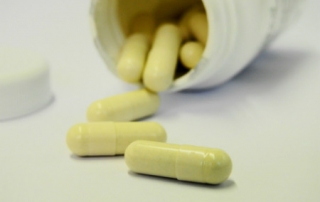Is There a Link Between Vitamin D Deficiency and Antenatal Depression?
Several studies have shown that vitamin D deficiency is associated with depression. A recent study has assessed the relationship between vitamin D levels and risk for antenatal depression in a cohort of African-American women. Vitamin D deficiency is more common among African-American women than in Caucasians. The active form of vitamin D is produced as a byproduct of natural sun exposure. Because women with darker skin have more melanin, which blocks the sun’s rays and affects the skin’s ability to produce the active form of vitamin D, they typically have lower vitamin D levels.







